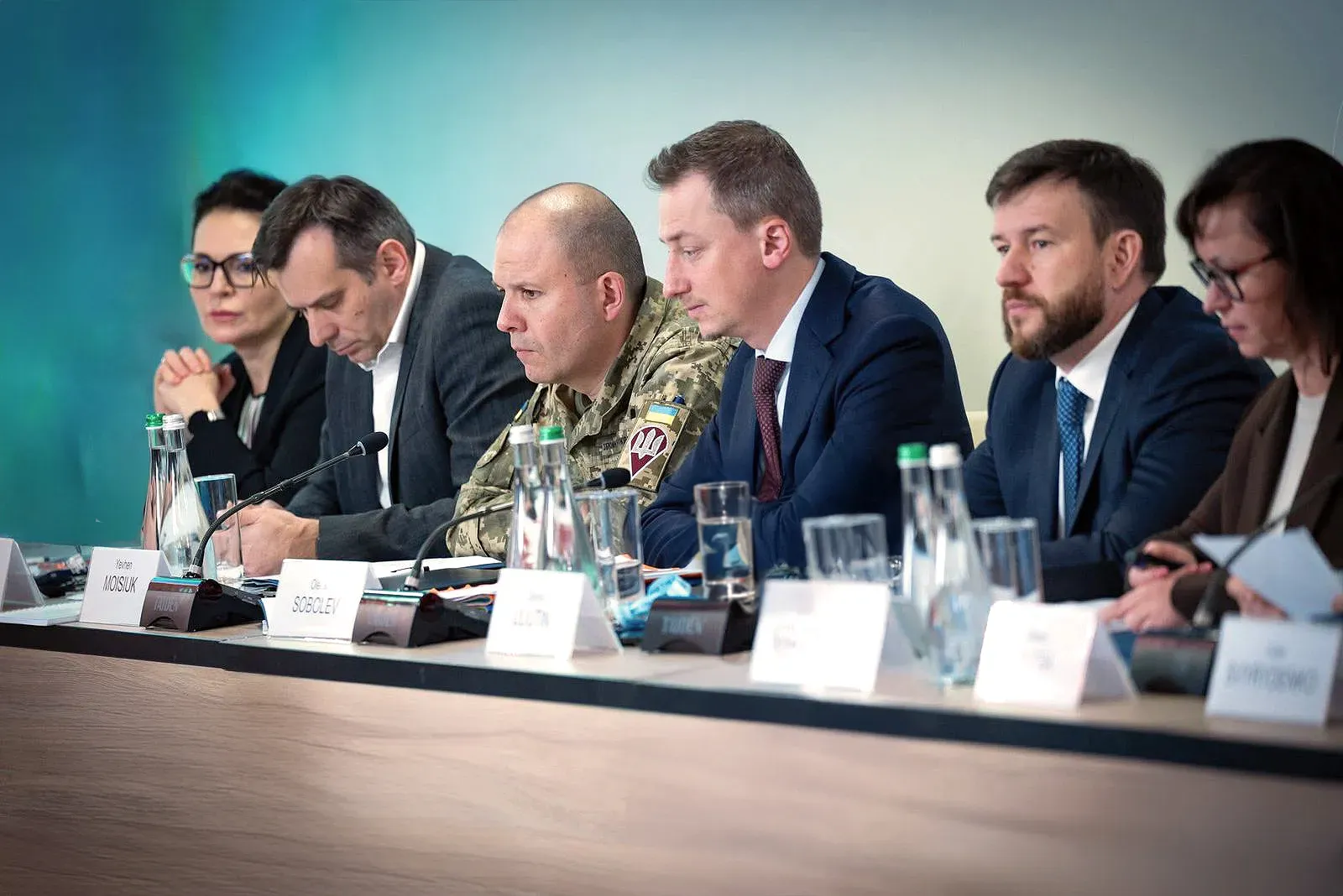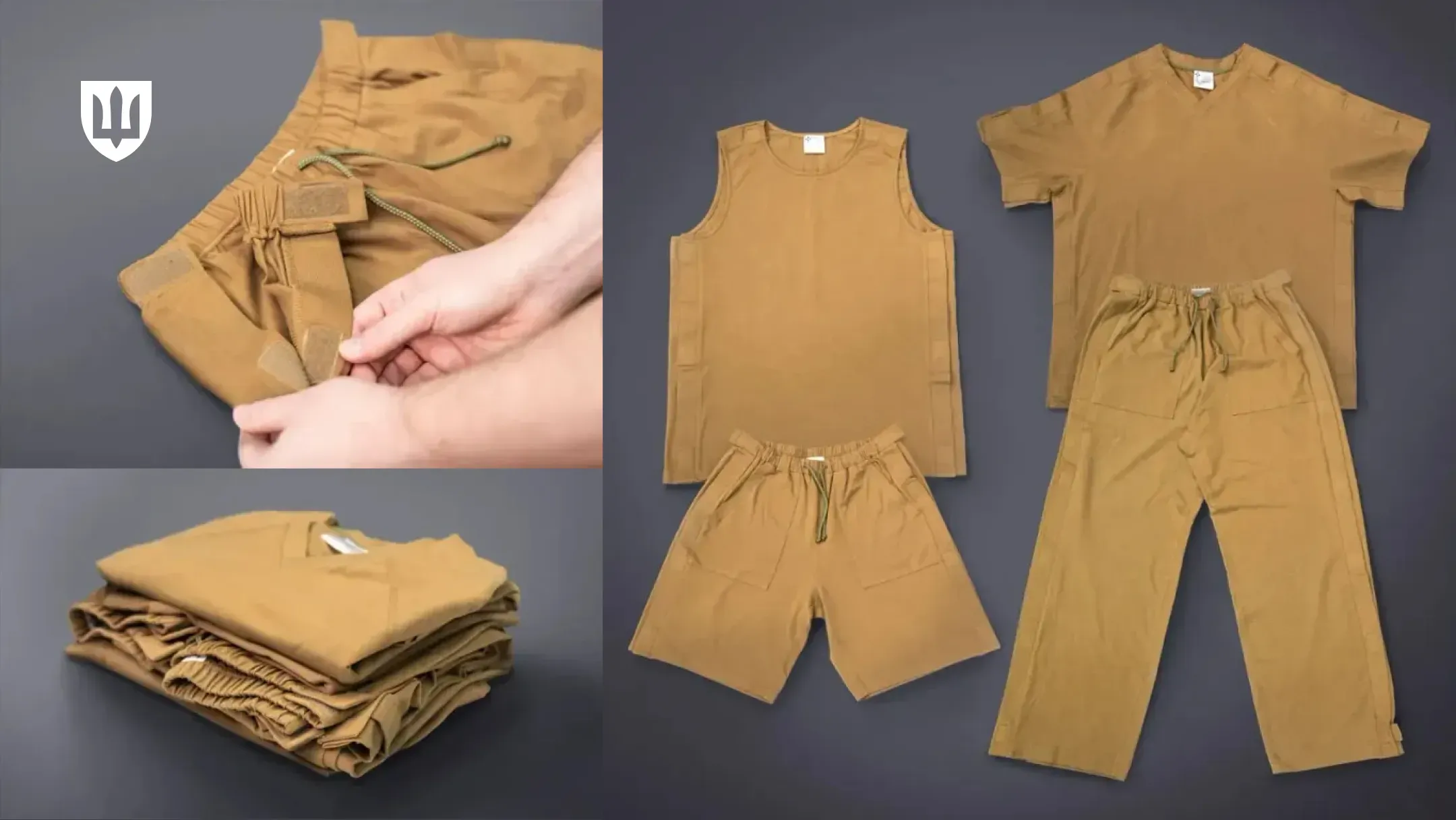MoD presented ‘Wounded Warrior Package’ at the Barrier-Free Council meeting

By the end of 2025, wounded service members will receive over 450,000 items of adaptive clothing and 50,000 hygiene kits under the “Wounded Warrior Package” initiative. The Ministry of Defence of Ukraine announced these plans during an off-site meeting of the Barrier-Free Council, chaired by Prime Minister Yuliia Svyrydenko, with the participation of First Lady Olena Zelenska.
This initiative also constitutes a component of the Ministry of Defence’s 2025–2026 Action Plan for implementing the National Strategy for Creating a Barrier-Free Environment in Ukraine through 2030. The ‘Wounded Warrior Package is a systemic initiative aimed at addressing the challenges service members face during their treatment and rehabilitation after being wounded.
The ‘Wounded Warrior Package provides comprehensive and centralized support with adaptive clothing and personal hygiene items, addressing needs across three domains:
- Physical. Standard clothing does not accommodate service members with external fixation devices or large dressings, creating ongoing discomfort;
- Psychological. Without functional clothing, wounded service members often feel dependent on others; many arrive at hospitals from combat zones without any personal belongings.
- Medical. Doctors face difficulties in accessing wounds promptly for examination or treatment without inflicting additional pain on the patient.

The Ministry of Defence has developed and begun procuring adaptive clothing featuring a loose fit and textile hook-and-loop (Velcro-type) fasteners. Such design features provide medical personnel with quick, painless access to injured areas, allowing service members to feel more comfortable and self-reliant.
This is a practical application of the barrier-free principle: clothing adjusts to the individual’s needs, not the other way around. The initiative also accounts for gender-specific needs to ensure inclusivity for both women and men.
To date, 50,000 adaptive clothing items have already been delivered — primarily to military medical facilities in frontline and border regions, including the Sumy, Kherson, Mykolaiv, Kharkiv, Dnipropetrovsk, and Zaporizhzhia oblasts.
A further 26,000 items, including undershirts, footwear, and additional trousers and shorts, are in the process of delivery. They will be distributed to support service members at various stages of evacuation — to military clinical centers, hospitals, and rehabilitation facilities.